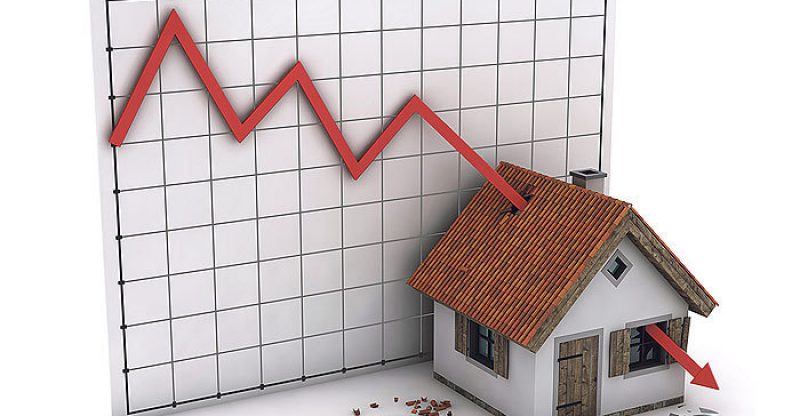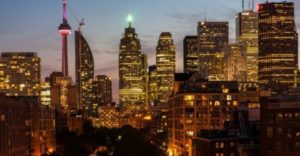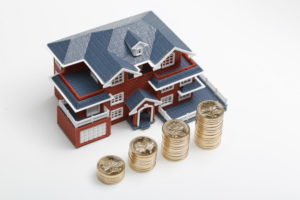Toronto Real Estate Board articulated that home sales in the Greater Toronto area have dropped by 20.3% due to the nonstop and growing effect of high prices. In the month of May, the Toronto selling price was at $863,910 which showed an increase of 14.9% in comparison to last year’s analysis of the same month. Single homes with a median selling price of $1,141,041, indicated a great decline in sales to 26.3% in the Greater Toronto area stated the board.
“This phenomenal flight mode is truly what the region actually requires. The drowning of a market, by its own accord, to an extrinsic factor. Price and activity increasing progressions in the years 2016 and 2017 could not get enough clearance from the logic test. The figures availed were very pleasing to vendors and realtors, hence, they have commenced realizing gains,” wrote Benjamin Tal an economist at CIBC Capital Markets.
The data analysis mentioned above also affiliated the concerns to the imposed Ontario 15% foreign buyer’s tax in the Horseshoe municipality. This area had been swiftly blooming and thus protracted from the Niagara region to Peterborough, Ontario.
These stringent laws were put in place to machinate ways of minimizing growth of prices that had created great concerns of Toronto becoming seriously overpriced. Additionally, they are installed to avert and minimize costs that could invite a housing correction, should it emerge.
The board on Monday reiterated that the effects of housing changes have not been profoundly measured in Ontario. They are rather very mild and barely obvious. The morning note by the Bank of Montreal however, noted that there had been little doubts that the effects of the government measures had made any impact.
“Foreign and domestics buyers have hibernated in order to pay special attention to how the changes in the market are projected,” commented the Bank.
Policy makers and various realtors are surveiling the City’s housing market as there are obvious uncertainties that an upshot of the failure of the market, could induce catastrophic impacts on the national economy.
It was crystal clear that the Vancouver market home sales fell into a rebound, nearing high record levels again last month. This was reported by the real estate board on Friday that the signs of the Vancouver market heating up was inevitable. Trade in Vancouver had been dropping by 8.5% year after year by May, whereas the MLS scale price for properties elevated to $967,500, thus, representing 8.8% increases since May, 2016.
The British Columbia, in the month of August last year, instituted bylaws and myriad measures which included the foreign buyer’s tax to bring the market to equilibrium.



